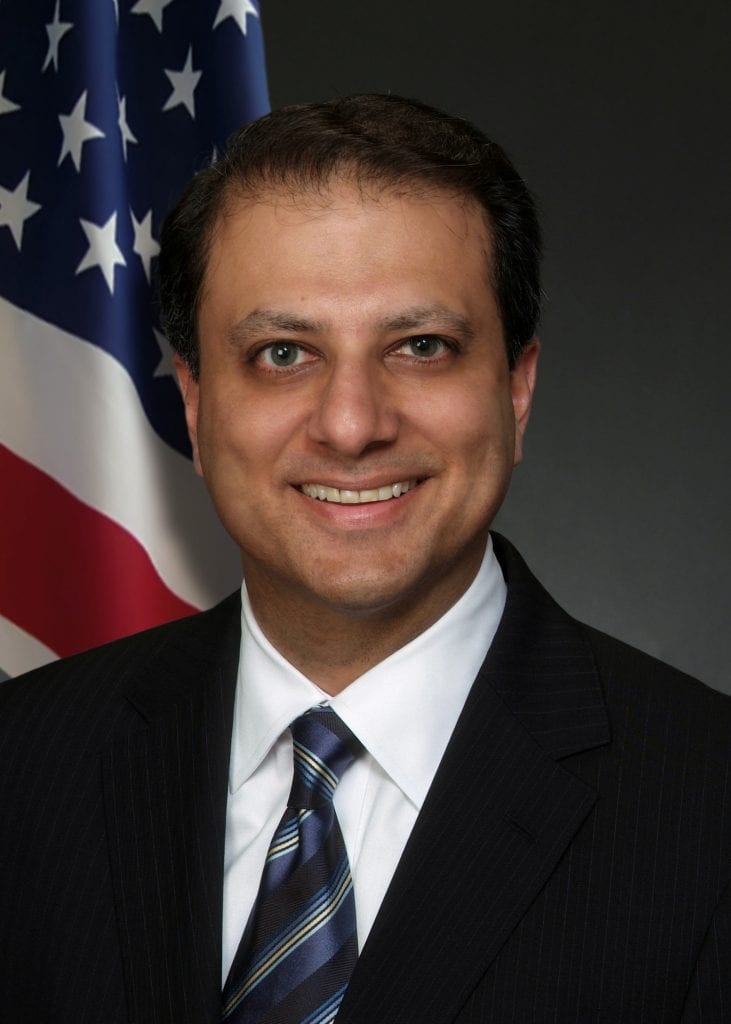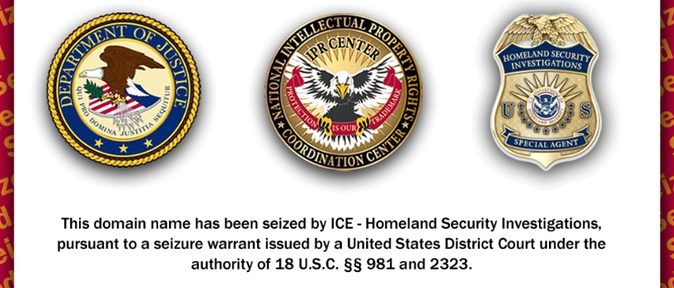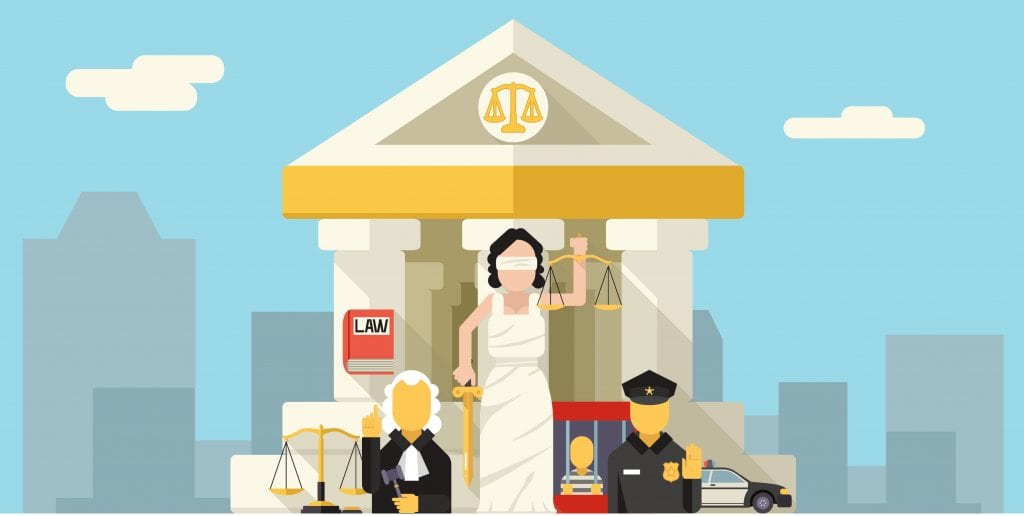The E-Rate Honey Pot
When you grant access to a $ 4 billion fund and give fund participants relative autonomy in how they use those funds, ne’er-do-wells will sniff their way to the honey pot. Keeping them out can be a challenge. So goes the story of the federally administered Schools and Libraries Program, better known as E-Rate. Established…
Read MoreKeep It Short and Prosper
What a difference two words can make. Just ask the Center for Competitive Politics (CCP) or Americans for Prosperity (AFP), two organizations that filed separate lawsuits against the same defendant, California Attorney General Kamala Harris, over the same issue: whether Harris’s office had the right to access the organizations’ donor information. (The cases are Center…
Read MoreThis Man Is Dodging Wall St.
Rather than confront accusations of baseless zeal and prosecutorial overreach, New York federal prosecutor Preet Bharara would rather spend his energy dodging accountability. In 2010, Bharara launched a crusade against Wall Street, prosecuting several hedge funds he suspected of insider trading. Highly publicized raids followed. In the wake of the financial meltdown, Bharara was hailed…
Read MoreData Breach Lawsuits: Challenges Persist After Spokeo v. Robins
Data breaches are as common as the common cold—unfortunately, just as incurable. Run a news search on “data breaches” and you’ll find that all kinds of institutions—major retailers, tech companies, universities, even government agencies—have been vulnerable at some point. Now run a search on “data breaches,” but include the word “lawsuit.” You’ll find that many…
Read MoreGetting Started with E-Rate
Public schools and libraries in the U.S. can save a lot of money on Internet service by applying for the Schools and Libraries Program, a federal subsidy better known as E-Rate. E-Rate funding, capped yearly at $3.9 billion, helps eligible institutions cover costs of Internet service. Participants can save anywhere from twenty to ninety percent…
Read MoreFeds Open The Gates and Seize the Domain Names
Does the federal government have the right to seize a domain name without notice? With growing frequency, the feds have seized the domain names of thousands of websites for alleged criminal wrongdoing. The latest example is the seizure earlier this week of 67 website domain names for the alleged illegal sale and distribution of counterfeit…
Read MoreGood News: The Feds Can’t Freeze Your Assets to Stop You from Hiring a Lawyer
Republished with permission from FEE.org, originally published April 12, 2016 There are limits to what the government can take from you. The Supreme Court recently ruled that the Constitution forbids the government from freezing a defendant’s “untainted” assets in advance of prosecution. The ruling is a significant victory for those caught in the government’s crosshairs. It…
Read MoreOnline Poker: A New Way to Bank?
In light of Tax Day (note that it’s on the 18th of April this year due to a holiday on the 15th) we want to point out a curious ramification from a federal case concerning online gambling, tax reports, and foreign accounts. In United States v. Hom [1], the defendant, John C. Hom, was an…
Read MoreEven Bad Guys Have Rights
This article first appeared February 29, 2016, on FEE.org – you can access this version here. Remember Martin Shkreli, the “pharma bro” notorious for raising the price of his company’s life-saving drug by some 5,000 percent? Did you know he was recently arrested for securities fraud (completely unrelated to the drug hike)? It didn’t take long…
Read MorePolice Make iPhone Public Enemy No. 1
FBI Director James Comey took a rare break from the posturing typical of investigators and prosecutors in the current showdown between Apple and the FBI. While prosecutors argue that Apple’s privacy concerns are a smokescreen to avoid “assist[ing] the effort to fully investigate a deadly terrorist attack,” Comey posted a statement over the weekend in…
Read More











